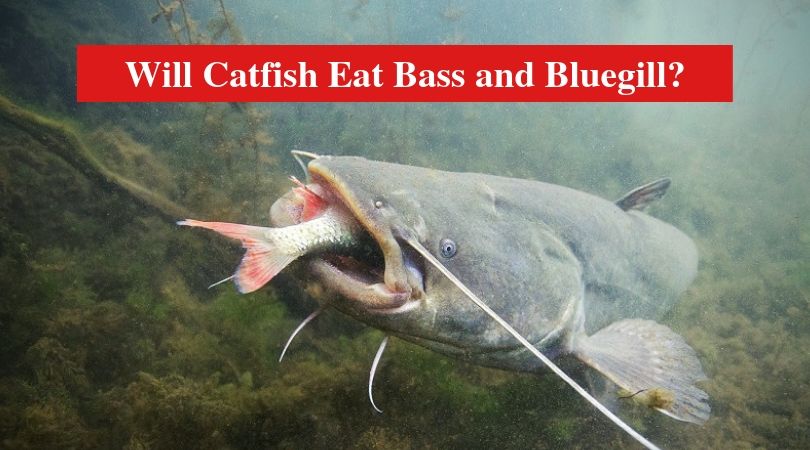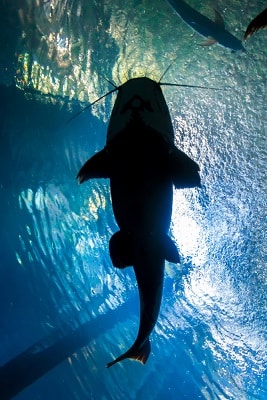
Catfish are quite unpredictable. There are so many studies and reports about the catfish because it is truly unique. There are over three thousand catfish species in the world. They differ in size features and behavior.
If you choose to raise any of the catfish species, it is important that you know all there is to find out about the catfish species. However, there are some generalized traits that can be linked with catfish. In this post, I will be writing about the catfish and examining the tendencies of catfish to eat bass or bluegill.
For this post, I will focus on the channel and blue catfish. My choice is because these are the two catfish species that are common and known to attack other fish in their natural habitat. The channel catfish are more subtle and less aggressive; they are also smaller than the blue catfish.
Will catfish eat bass?
Bass, on the other hand, are not to be intimidated. Bass can grow to weigh as much as 70 pounds. However, the smaller bass can fall prey to an adult catfish. The flatheads tend to be more aggressive towards young bass. This is why many owners of the fish pond do not introduce adult flathead catfish in ponds where young bass fish are living.
Bass and catfish have a similar diet. They eat a wide range of foods and other smaller aquatic animals. So an adult bass and catfish are about the same size. They can live together in a fish pong without any issues if they were introduced when they were of the same size, the two fish species can grow into adults together without any problems.
Will catfish eat bluegills?
Compared to the catfish species such as flatheads, blues, and the bullheads, bluegills are quite small. The bluegills are freshwater fish, so we find them around areas where catfish also thrive. However, as an answer to the question, an adult catfish will eat bluegills.
The size difference is the issue; catfish will attempt to eat any fish that is smaller and unfortunate to swim slower than the catfish. Some anglers also use bluegills as bait for catfish.
The trick here is to lure adult catfish that have grown to a very large size. Only big sized catfish will be interested in eating a bluegill. Anglers catch bigger catfish this way. In the commercial pond settings, it is not advisable to introduce bluegills into a pond with adult catfish. Their numbers will quickly be depleted, and you can suffer a loss.
Bluegills are known to reproduce very quickly; they can overrun a river in a short time. In such a situation, catfish can be introduced to check the bluegill population. This is a win-win situation because the anglers will have fewer bluegills to deal with and more catfish that have grown to table size because they have much food to eat. Because of their small size, anglers don’t really bother about catching bluegills. They are mostly caught by amateur anglers while practicing fishing techniques.
